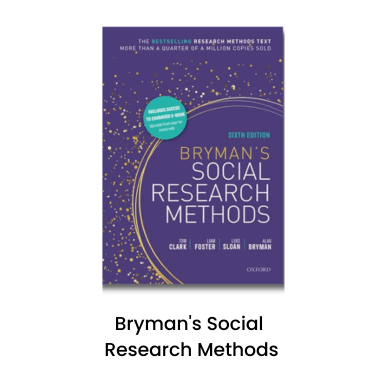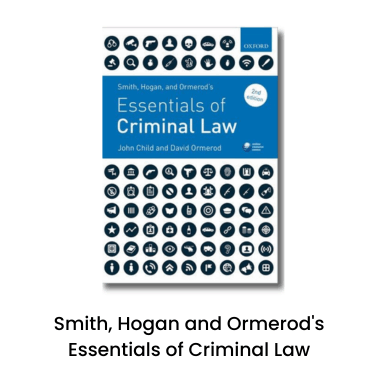I can remember opening my A-Level results as if it was yesterday. By the time I arrived at sixth form, UCAS had already emailed me to alert me I secured my place at my chosen university, but I was still full of both excitement and trepidation to find out whether all the stress was worth it.
It was… kind of. - Amber Lovell
Results Day 2021
As predicted based on the headlines of every year prior, those collecting their A-level results broke the record set by those before them… but this year it was slightly different.
The grades have been chosen by teachers following the cancellation of summer exams due to the pandemic.
In an interview with BBC Radio 4, interim chief regulator of Ofqual, Simon Lebus said:
The approach this year was to trust teachers and to ask teachers to make the judgments… and that was based on the reality that there’s been significant disruption to learning.
We wanted to make sure that students had the opportunity to show what they were capable of and teachers are in the best position to make those judgments.
It was the judgments of teachers that afforded 45% of students in England to achieve A and A* grades.
Their fantastic grades have given them the ticket to study at some of the most prestigious universities the UK has to offer, opening endless doors and setting them up for a prosperous future.
Their success isn’t without doubt; not doubt over whether they’ve earned their excellent grades but doubts over the future of university admissions.
Each year, the graduating sixth formers and college students set the precedent for the next cohort, arguably enabling entry requirements to get tougher.
Tim Bradshaw, chief executive of the Russell Group which represents 24 universities, said there has been “unprecedented demand” for places this year at top universities, with some students gazumping places from students with unconfirmed offers if they fell short of the entry requirements.
“Yes, but that happens every year through clearing…”
It sure does, but not every year 45% of students hit those top grades, potentially allowing the scales to slide a little.
—
As for the future, there’s nothing in concrete to say that next year will be tougher to get into the top universities, but there’s nothing to deny this either.
If you ask me, I think it will be much harder for young people to go to university.
A recent poll by YouGov found that 35% of adults think the proportion of young people going to university is too high, therefore, if the boundaries are high enough, this will be a way for fewer young people to go to university and instead, take places on apprenticeships and the like.
What are your thoughts on this?















